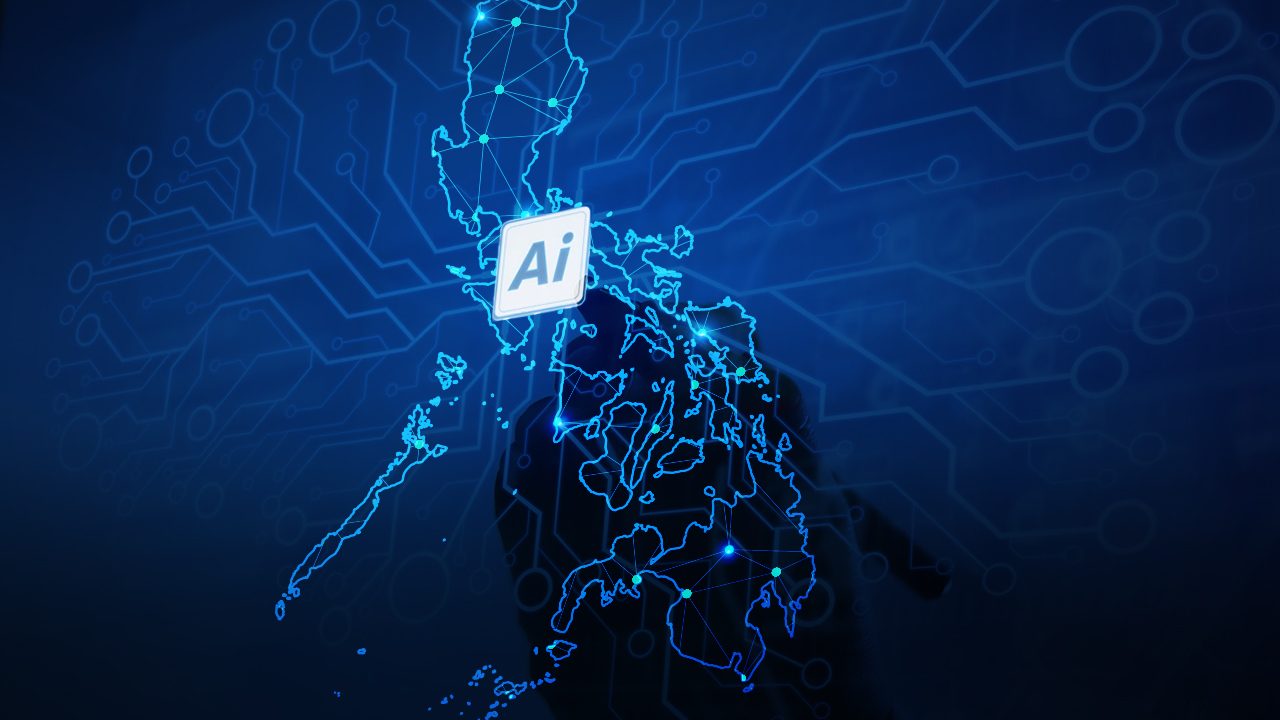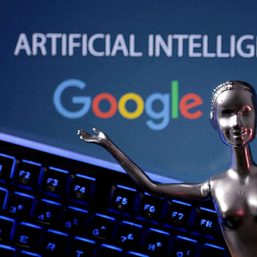SUMMARY
This is AI generated summarization, which may have errors. For context, always refer to the full article.

Recognizing the evolving digital landscape shaped by technical advancements and socio-technical realities, professionals discussed the impact of digital advancements on Philippine democracy and rights in the Philippine Declaration of Internet Rights and Principles (PhilDec 2.0).
The plenary session of the Digital Rights Conference, held at Ateneo de Manila University last Thursday, March 21, also featured discussions on several key points, including artificial intelligence (AI), human rights, gender, environmental sustainability, and the post-pandemic digital ecosystems.
Alan Alegre, former executive director of the Foundation for Media Alternatives (FMA), along with other information and communications technology (ICT), media and human rights experts, stressed the need for an updated declaration. It addresses challenges made more difficult by the digital economy, such as the digital divide, hijacked democracies, disinformation, and the post-pandemic effects on digital rights and health.
“The digital economy as we were looking at it in 2015 has changed so much, both from what is developed technologically but also politically,” Alegre said.
In a 14-page draft, Alegre highlighted several newly added principles: addressing disinformation and harmful content to mitigate the harms to democracy and the digital public sphere; the sustainable use of the internet and ICTs amid the climate emergency; addressing power imbalances in digital societies through regulation, content moderation, and transparency; promoting more effective and equitable e-health systems; ICT systems and electoral integrity; and challenges posed by AI.
PhilDec 2.0 also included revisions from the initial declaration from 2015, emphasizing: open access to scientific, research, and academic content; addressing gender-based violence online through concrete programs and mechanisms to foster a transformative and safe internet space; and promoting human capital development through education, digital literacy, and e-learning including AI literacy.
Alegre expressed hope that PhilDec 2.0 would become a “strategic reference” for various stakeholders, guiding its use in public education, policy development, social and political advocacy, and efforts related to gender and AI.
Potentials and perils of AI
Discussing AI literacy, Alegre said the education system is “broken,” calling it a challenge that needs to be addressed. Online learning, he added, exacerbated the challenges, revealing disparities in internet access as people share gadgets in barangays and schools.
The Philippines scored among the lowest in the December 2023 Programme for International Student Assessment (PISA) 2022 rankings, placing 77th out of 81 countries. Filipino students continued to struggle in reading, mathematics, and science, positioning the nation near the bottom in these key subjects.
“It’s a challenge, (but) we have to start somewhere, and the specific area of digital is important to build capacity strategically on all levels [such as] literacy, life-long learning, higher education, etc.,” Alegre said.
For Dominic Ligot, founder of CirroLytix and Data Ethics PH, AI needs to “become real and tangible to everyone” as it represents the next evolution of the internet, particularly generative AI.
Ligot advocated the use of AI “for good” by starting with risk management. This included recommendations for a discussion on the harms versus benefits of AI, its compliance with laws, and moral principles and guidelines governing the development and deployment of the use of AI technologies.
“Ethics talaga ang bottomline. (Ethics really is the bottomline), Ligot said. “Is it fair, is it transparent, and who is accountable? If we can cover those three bases, maybe we can make a difference.” he added.
Alegre addressed AI’s potential perils across economic, political, social, and environmental spheres, including job displacement, algorithmic bias, discrimination, privacy erosion, and the weaponization of AI, especially concerning elections, privacy, and gender issues. This underscores the necessity of a “human-centered approach” in AI development and deployment for its promised “innovation.”
Towards a ‘human-centered’ approach
Despite concerns about AI, Alegre explained that there should be adoption of AI, but with “stricter development and deployment guidelines.”
“We cannot allow AI to steer itself and to steer us. There has to be a human-centered approach,” he stressed.
To achieve a human-centered approach, Alegre advocates for mitigating discrimination and bias, along with increased transparency, data protection, and a robust framework for certification, compliance audits, and accountability.
Meanwhile, Emmanuel Lallana, chief executive of IdeaCorp Inc., warned of “anthropomorphism”, emphasizing that AI is “not about creating a human being,” but rather examining its models and algorithms.
“If you first understand the technology, then we’ll probably be in a better world,” Lallana said. – with reports from Angelica Paller/Rappler.com
Editor’s note: A previous version of the current article named Alan Alegre as the current executive director of the Foundation for Media Alternatives. He is the former executive director. This has been corrected.
Add a comment
How does this make you feel?





There are no comments yet. Add your comment to start the conversation.